Imagine cruising down I-35 near Austin or waiting in Houston traffic when you see those flashing lights in your rearview mirror. As the officer approaches, you hand over your license and registration. Then, unexpectedly, the officer asks to see your phone. In our digital age, smartphones are not just communication tools—they hold our private messages, photos, banking details, and so much more. This scenario raises a critical question: Do Texas police have the right to dig through your phone during a traffic stop?
This article takes a deep dive into the complex relationship between digital privacy rights and law enforcement authority in Texas. We’ll explore your legal protections, the limits imposed on police, city-specific handling, and what you should do if you’re ever in this position.
The Realities of Traffic Stops in Texas
Texas is vast, with sprawling urban centers such as Dallas, El Paso, San Antonio, and smaller towns like Lubbock, Amarillo, and McAllen. Every year, Texas sees millions of traffic stops; in 2023, the Texas Department of Public Safety reported over three million traffic-related citations statewide. Many stops involve minor infractions, but some escalate—raising the stakes for personal rights.
Smartphones factor into these encounters more frequently as digital evidence grows central in criminal investigations. Text messages, call logs, geolocation data, and app use have all played roles in criminal proceedings. In bustling areas like Dallas and Houston, police may be trained to ask for phone access more routinely, but do they have the right?
Constitutional Foundation: Fourth Amendment Protections
The U.S. Constitution’s Fourth Amendment protects citizens from unreasonable searches and seizures. This means law enforcement generally cannot search you—or your possessions—without either your consent, a valid search warrant, or specific special circumstances.
In 2014, the U.S. Supreme Court ruled in the landmark case Riley v. California that searching someone’s cellphone generally requires a warrant, emphasizing the immense privacy phones grant their owners. Texas law, building on both federal and state constitutional principles, strongly echoes this protection.
Texas Law on Digital Privacy
Texas law is clear: phones are protected under the same privacy principles as your home or car. Article I, Section 9 of the Texas Constitution specifically mirrors the Fourth Amendment, further enshrining the right against unreasonable searches and seizures statewide.
-
In major Texas cities like Fort Worth and Corpus Christi, police departments follow protocols requiring a search warrant for cellphone searches during traffic stops, except under very limited exceptions.
-
As of July 2024, the Texas Data Privacy and Security Act has expanded residents’ digital rights, putting more oversight on how personal data is accessed and handled, especially in large tech hubs like Austin.
When Can Texas Police Search Your Phone?
Valid Consent
The most straightforward—yet often misunderstood—exception occurs if you voluntarily consent to the search. If an officer asks and you say yes, you’ve waived your privacy rights for that encounter.
Key Points:
-
You are never required to unlock your device or share your password unless a warrant has been issued.
-
Refusing consent does not admit guilt and cannot be used against you in court.
Search Warrants
Without your consent, police in Texas generally need a warrant to access your phone. A judge will only issue such a warrant if law enforcement shows probable cause that evidence of a crime will be found on the device.
Exigent Circumstances
There are emergency scenarios—called “exigent circumstances”—where officers can act without a warrant if waiting would risk:
-
The destruction of crucial evidence
-
Imminent danger to someone’s life or safety
-
Preventing the escape of a fleeing felon
For instance, if Dallas police pull over a suspect wanted for a violent crime and have reliable information that evidence could be erased before a warrant is secured, they might claim an exigent circumstance.
Misconceptions About Police Powers
Across Texas, people often believe an officer’s badge grants unlimited power during a stop—especially with technology. However:
-
Officers cannot search your phone just because you’ve been pulled over for speeding near San Antonio’s Loop 410 or after running a red light in Waco.
-
After an arrest for a misdemeanor in Houston, a phone search still requires a warrant unless you’ve given active consent or exigent circumstances exist.
-
Officers may attempt to persuade you, but you have full legal standing to politely refuse.
Texas-Specific Policies and Procedures
Large City Practices
Major municipalities like Dallas, Houston, Austin, and San Antonio maintain written department policies aligning closely with state law. Officers receive ongoing training on respecting digital privacy, especially as civil rights groups in cities like Austin have advocated for deeper transparency.
-
Houston: The Houston Police Department saw an increase in digital evidence requests but emphasizes securing a warrant first.
-
Dallas: The city’s police regularly issue reminders about limits on mobile device searches, following several court challenges from residents.
-
Austin: As the tech capital, Austin officers face additional scrutiny from tech sector watchdogs and privacy advocates.
Small Towns and Rural Areas
In less populated areas, some officers may be less familiar with the nuances of digital privacy statutes. Residents of towns such as Abilene or College Station are encouraged to be proactive in understanding their rights and, if unsure, politely decline phone access requests on the spot.
Statistics: Traffic Stops and Digital Search Trends
-
More than three million traffic stops were recorded statewide in 2023.
-
Only a small fraction resulted in phone search attempts; cities with the most digital evidence requests included Houston, Dallas, and Austin.
-
Court filings in Harris County (Houston) and Dallas County show that over 95% of successful phone searches during stops involved either explicit consent or a valid warrant.
What To Do If Police Ask to Search Your Phone
Stay Calm and Respectful
Keep your hands visible, remain polite, and do not physically resist. If you feel nervous, that’s normal. Take a breath and remember your rights.
Clearly State Your Refusal
Politely say: “I do not consent to any search of my phone.” This clear statement preserves your rights—record this if you wish, as Texas law allows audio recording of interactions with police during stops.
Protect Your Lock Screen
Police may try to see notifications or incoming messages. In Texas, even visible lock-screen info is protected by privacy rulings. Turn off preview notifications or place your device face down to safeguard what’s visible.
Seek Legal Assistance
If you believe your rights were violated—such as in a Dallas stop where your phone was searched without your permission or a warrant—contact a criminal defense attorney. Any evidence obtained in violation of your rights may be inadmissible in court.
City Spotlights: Handling Phone Searches
Austin
As a pioneer in tech and privacy advocacy, Austin frequently sees public campaigns educating residents about digital rights. Nearly 80% of traffic stops involving phone search requests end without consent being granted, showing a high level of public awareness.
Houston
Houston police log the highest number of digital evidence requests during stops but also face regular oversight. In 2022, the Houston Chronicle reported several court challenges resulting in cases being dropped due to improper phone searches.
Dallas
Dallas courts have clarified that an officer seeing a phone on a car seat or dashboard doesn’t give probable cause for a search. The city’s defense attorneys are aggressive in defending residents’ digital privacy and challenging any overreach.
San Antonio
San Antonio’s citizen watchdog groups run educational workshops on Fourth Amendment rights, especially targeting neighborhoods near major highways where traffic stops are more common.
El Paso
Border proximity introduces more complexity: federal agents at international crossings have broader powers, but inside El Paso city limits, Texas rules apply. Here, the line between state and federal authority regarding phone searches can blur, making public knowledge especially important.
Texas Data Privacy and Security Act: New Era for Residents
July 2024 marked the start of the Texas Data Privacy and Security Act, bringing new protection standards for personal data. The law restricts how companies, law enforcement, and even government agencies can use and access your digital information.
-
The law empowers Texans in cities like Houston, Dallas, Plano, and Laredo with new rights to control and request deletion of personal digital data.
-
Enforcement is strictest in areas with high tech-sector employment, such as Austin’s Silicon Hills.
-
The Attorney General’s office actively prosecutes privacy violations, making Texas one of the most proactive states for digital rights.
What Police Can—and Cannot—Do at a Traffic Stop
Allowed Actions
-
Ask for your driver’s license, registration, and proof of insurance.
-
Request your consent to search your vehicle or your person (which you can refuse).
-
Detain you briefly for investigation if there’s probable cause or reasonable suspicion.
Not Allowed Without Consent or a Warrant
-
Demand to see, unlock, or search your phone.
-
Seize your phone unless it is material evidence in an active crime investigation and there’s probable cause.
-
Search digital contents under the guise of “routine procedure.”
Your Rights Summary at a Texas Traffic Stop
-
Only you can grant police the right to search your phone.
-
If you refuse, police must get a judge’s warrant—no exceptions for minor traffic offenses.
-
Exigent circumstances are rare and must involve imminent danger or loss of evidence.
-
Lock-screen information is protected; police cannot use notifications as evidence without a warrant.
-
Federal law may apply at international borders, but within Texas, state law shields your device.
Practical Tips for Protecting Your Digital Privacy
-
Turn on screen lock and strong password protection.
-
Disable lock-screen message previews.
-
Do not voluntarily unlock or hand over your phone during a stop, unless a warrant is shown.
-
Remember: politeness goes a long way, but firm boundaries ensure your rights.
Real-World Scenario: Houston Case Study
In fall 2023, a Houston driver pulled over for a busted taillight reported police requesting to browse his phone. Aware of his rights from a local news campaign, he declined. The officer pressed, then issued only a warning for the taillight. No search occurred. Stories like this repeat across Texas as awareness grows.
Final Thoughts
In the digital age, police cannot lawfully search your phone in Texas during a traffic stop without one of two things: your voluntary consent or a valid search warrant. While exceptions for emergencies exist, they are rare. City to city—from Dallas to San Antonio to Laredo—the law protects your digital privacy. Knowing your rights, staying calm, and politely refusing unauthorized searches is the best path to personal security.
Texas continues to lead with robust privacy statutes, placing the burden on law enforcement—not you—to justify any digital search. In an increasingly connected world, these rights preserve your personal freedom in every encounter, whether you’re caught in rush hour on Houston’s I-10 or heading home from a night out in Austin.
Stay informed, stay empowered, and always protect your digital rights—no matter where the road takes you in Texas.

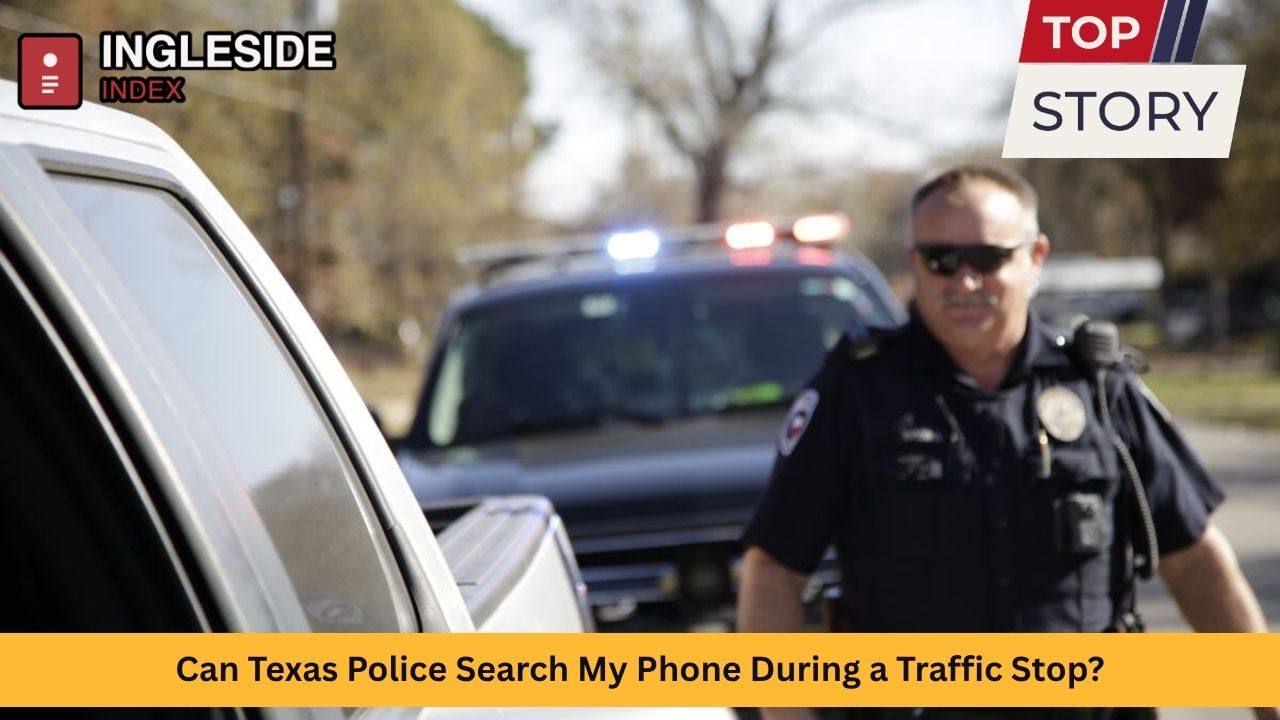


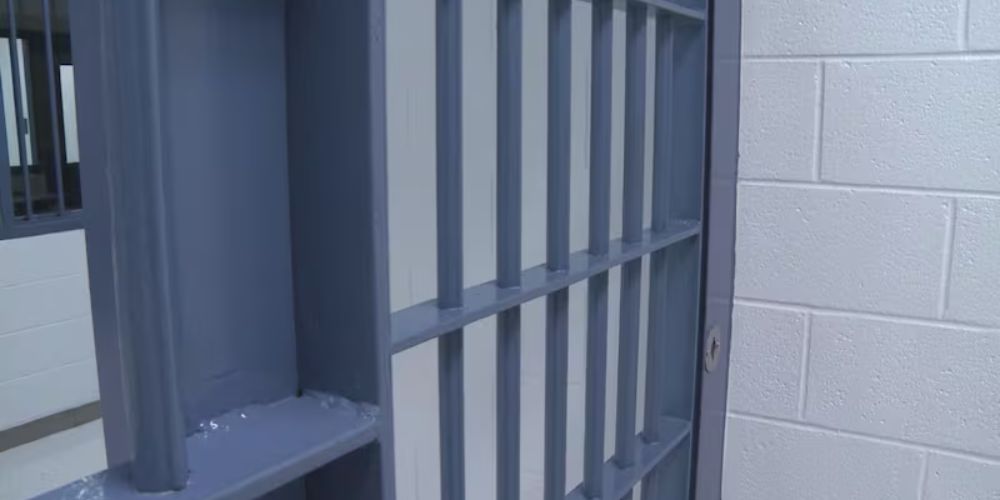
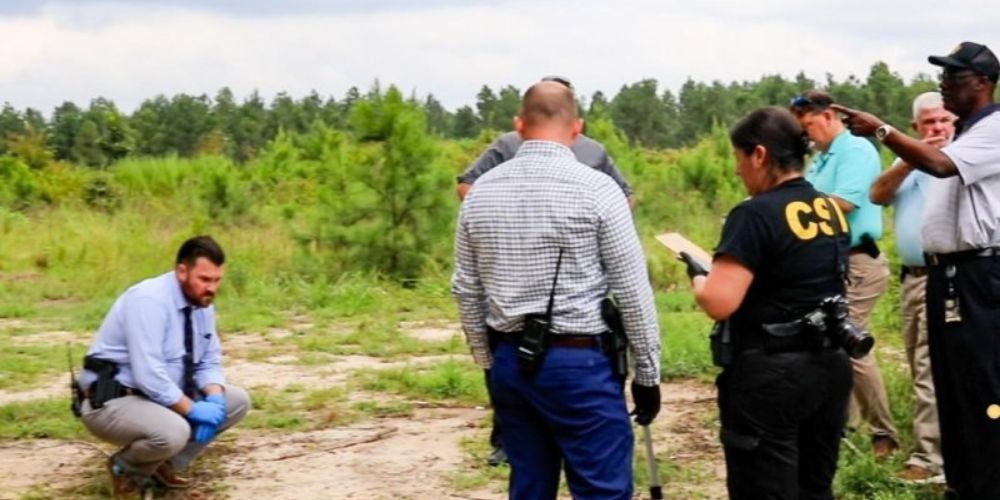
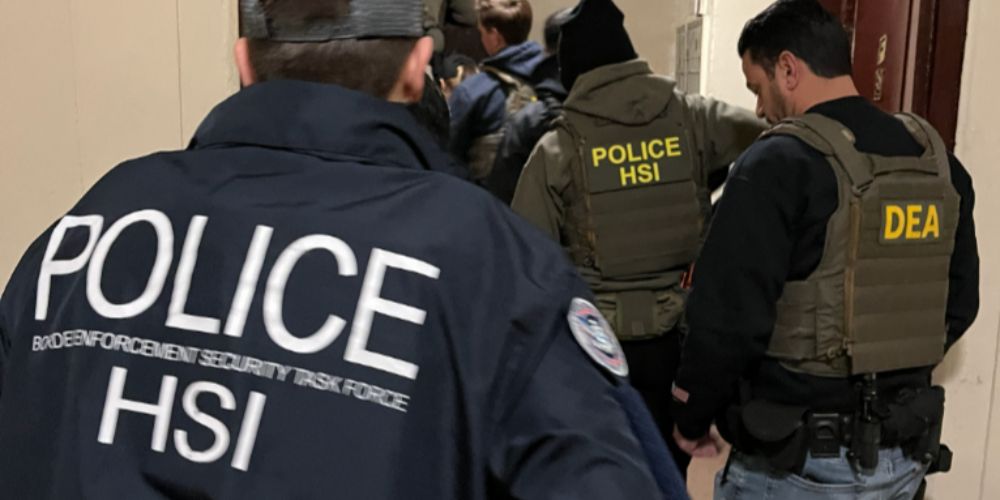
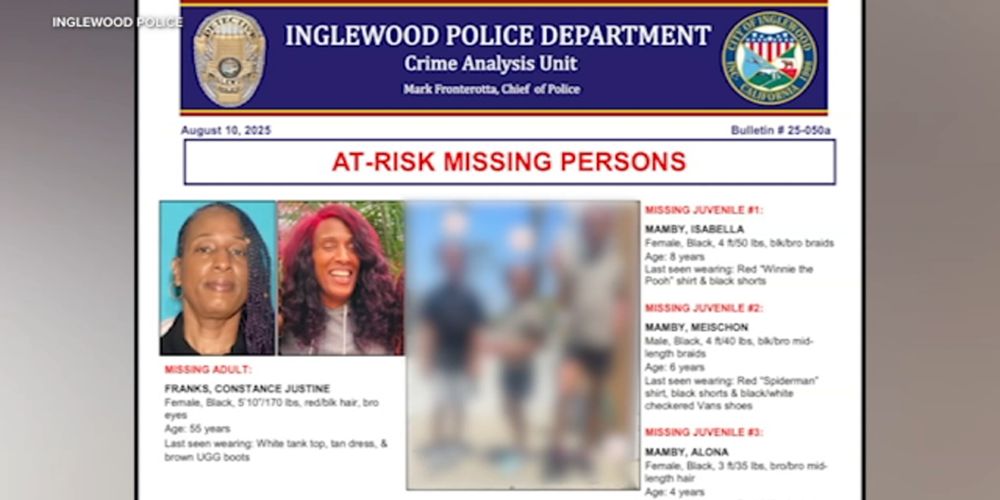



Leave a Comment